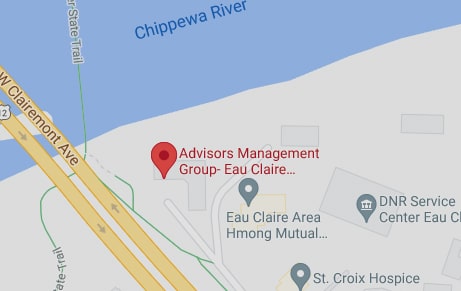If you are like most Americans, you no longer or perhaps have never received your pay in the form of a paper check. American Payroll Association estimates that while some people are still paid with paper checks, an overwhelming 93% of employees receive their paycheck directly deposited. Additionally, some employees use payroll cards and reloadable prepaid debit cards to receive their pay. The shift from old school paper checks to direct deposit has caused us to be less aware of all the deductions that come off the top of our checks. It is this unawareness that can cause issues in the long term.
For most people who get paid through direct deposit, pay stubs are available through an employee portal. For those who are paid a salary, the amounts won’t change much from check to check, however it is important to make sure that tax is being withheld appropriately and deductions for benefits such as health insurance and retirement savings are accounted for. You should also make sure that vacation, sick, and personal days are both accruing correctly and being applied correctly when you take them.
For those paid an hourly rate, the same applies, but additionally you should verify hours worked and hours paid match and that any overtime or holiday hours are paid at the appropriate rate.
Those paid commissions should not only review their paystubs for the basics, but they should also audit their sales and make sure that all commissions are paid out appropriately.
Understanding Tax Withholding
In 2017, the Tax Cuts and Jobs Act became law which removed personal exemptions while increasing the standard deduction and expanding child tax credits. Because of the significant amounts of change, the W-4 that was familiar to most of us was replaced with an updated W-4. The new form differs from past forms in that it does not require you to figure out your tax exemptions. Some employers will require you to fill out a new W-4 annually, however even if they don’t, it is a great idea make sure you are withholding enough regularly.
You probably will be prompted to look at if you got a surprise at tax time. If you have too large of a refund, you may need to lessen your withholding. If you owed a large amount, you would want to talk to your tax preparer to understand the root of your tax bill. While it is possible that you may have had something out of the norm happen within the year, you may have had a change to your tax situation. Marriage, divorce, death, babies, and kids growing up can cause the need for you to adjust how much you are withholding from your paycheck.
If your income has changed, you may also need to check your withholding. Perhaps you took a new job, got a raise, or took a second job. Note that each job will come with its own W-4. If you have income from other jobs, have a spouse with income or have other sources of income, you may need to withhold tax differently than what the W-4 indicates. The new W-4 has worksheets for those situations.
The case for being proactive
Because our paystubs are out of sight, they are often out of mind until we have neglected them long enough to cause a big hassle. It only takes a small issue to snowball into a much larger one. Taking the time to review your paystub regularly can really help you in the long run. If you have questions about filling out your W-4 or how much you need to withhold, your payroll professional can be a great resource. If they are unsure how to help you, they may direct you to https://www.irs.gov/individuals/tax-withholding-estimator. This can be a great option to help you figure out how much tax you should withhold, however many people find this calculator to be difficult. Also, missing or incomplete information can lead you astray. Your tax professional can help you to be sure that you are on the right track as well as help you to increase your tax efficiency and help you to understand how changes in tax law affect you.
 |
Rebecca AgamaiteInvestment Advisor Representative Rebecca joined the firm in 2011 as an Investment Advisor Representative. In this role, she works with clients to manage their investment assets and help them obtain their financial objectives. Rebecca brings a great deal of experience to the team having worked for several years at Marshall & IIsley Bank and MetLife. She earned a Masters of Business Administration degree (with an emphasis on finance) from Concordia University. |
Advisors Management Group, Inc. is a registered investment adviser whose principal office is located in Wisconsin. Opinions expressed are those of AMG and are subject to change, not guaranteed, and should not be considered recommendations to buy or sell any security. Past performance is no guarantee of future returns, and investing involves multiple risks, including, but not limited to, the risk of permanent losses. Please do not send orders via e-mail as they are not binding and cannot be acted upon. Please be advised it remains the responsibility of our clients to inform AMG of any changes in their investment objectives and/or financial situation. This commentary is limited to the dissemination of general information pertaining to AMG’s investment advisory/management services. Any subsequent, direct communication by AMG with a prospective client shall be conducted by a representative that is either registered or qualifies for an exemption or exclusion from registration in the state where the prospective client resides. A copy of our current written disclosure statement discussing our advisory services and fees continues to remain available for your review upon request.



